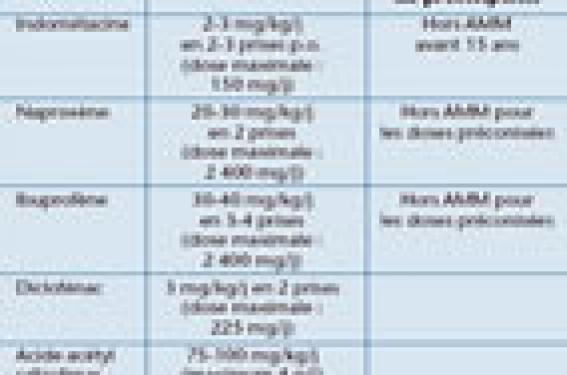In the field of health, the prescription of drugs requires particular attention, both for the clinical benefits and for the side effects potential. THE losartan is a medication commonly used to treathigh blood pressure and certain complications such as heart failure and kidney damage, particularly in diabetic patients. By its action, it blocks the effect ofangiotensin II, leading to relaxation of blood vessels and, consequently, a reduction in blood pressure. However, despite its considerable advantages, losartan is not free from associated risks which deserve to be examined carefully. Symptoms such as migraine, there cough, or even the itching may occur in some patients. In addition, restrictions on use exist, particularly for pregnant women, because taking this medication beyond three months of pregnancy can have serious consequences. This introduction aims to explore in depth the medical prescriptions linked to losartan as well as its side effects, in order to ensure safe and informed use of the treatment.

Medical prescription for losartan: Indications and contraindications
THE losartan is a drug widely used in the treatment of high blood pressure, as well as in the management of certain cardiac pathologies. This medicine belongs to a class of medicines called angiotensin II receptor antagonists (ARA II). By blocking the action of angiotensin II, a substance which mainly causes the contraction of blood vessels, losartan allows vascular relaxation which reduces the blood pressure and reduces the load on the heart.
The main indications for losartan include the management of essential hypertension, protection of the kidneys in patients suffering from type 2 diabetes and heart failure. It is frequently recommended for patients with hypertension associated with an increased risk of stroke, especially in those with risk factors such as diabetes or a family history of cardiovascular disease.
Despite its numerous indications, some contraindications should be taken into account when prescribing losartan. Among other things, its administration is strongly discouraged during the first months of pregnancy, and it should be avoided after the third month, due to the risk of congenital malformations. In addition, it is contraindicated in patients with a history of hypersensitivity to the components of the drug or other ARB IIs, as well as in those with bilateral renal artery stenosis.
Losartan side effects: what to watch out for?
Any medicine can have side effects, and losartan is no exception. The most commonly reported side effects include headache, cough, dizziness, and ringing sensations in the ears. Although generally mild, these symptoms should be reported to a healthcare professional if their intensity increases or if they persist.
Patients treated with losartan may also experience digestive problems such as diarrhea or itching skin. In rare cases, this medication may cause more serious allergic reactions, leading to hives or swelling. It is crucial to be alert to these signs and notify a doctor immediately.
Another essential point to consider concerns the impact of losartan on the kidney function. Doctors should monitor their patients’ kidney function regularly, especially in the first months of treatment, because acute kidney failure can occur, especially in patients with already present risk factors. Changes in electrolyte balance, including potassium levels, should also be monitored, as excess potassium in the blood can have serious consequences.
Drug interactions and recommendations
Losartan may interact with other medications, which may exacerbate side effects or decrease the effectiveness of treatment. For example, diuretics, taken concomitantly with losartan, can cause dehydration or severe hypotension. Patients receiving treatment should tell their doctor about all medications they are receiving, including over-the-counter medications and dietary supplements.
In addition, the consumption of alcohol should be limited for the duration of treatment, as this may intensify the hypotensive effects of losartan, thereby increasing the risk of dizziness or fainting. It is also recommended to avoid taking potassium supplements or potassium-rich foods without consulting a healthcare professional.
In summary, losartan is an effective drug in the management of hypertension and certain cardiac pathologies. However, it is essential to follow medical recommendations strictly, monitor side effects and be aware of potential interactions with other substances. Regular follow-up with a doctor is essential to ensure safe and effective treatment, allowing you to reap all the benefits while minimizing the risks.

Losartan FAQ: medical prescription and side effects
What are the main side effects associated with losartan? Losartan can cause various side effects such as migraines, a cough, of the ringing in the ears, a diarrhea, of theurticaria, as well as itching.
Is losartan safe to use during pregnancy? Losartan is not recommended at the start of pregnancy and should not be taken if you are pregnant for more than three months, as this could harm the development of the fetus.
What are the indications for the use of losartan? This medicine is used mainly in the treatment ofhigh blood pressure, of theheart failure and for the stroke prevention in hypertensive patients.
How does losartan work on the body? Losartan blocks the action ofangiotensin II, leading to a relaxation of blood vessels and a reduction in blood pressure.
Are there any interactions with other medications? It is important to consult a doctor to ensure that there are nointeractions negative relationships between losartan and other treatments you may be taking.












